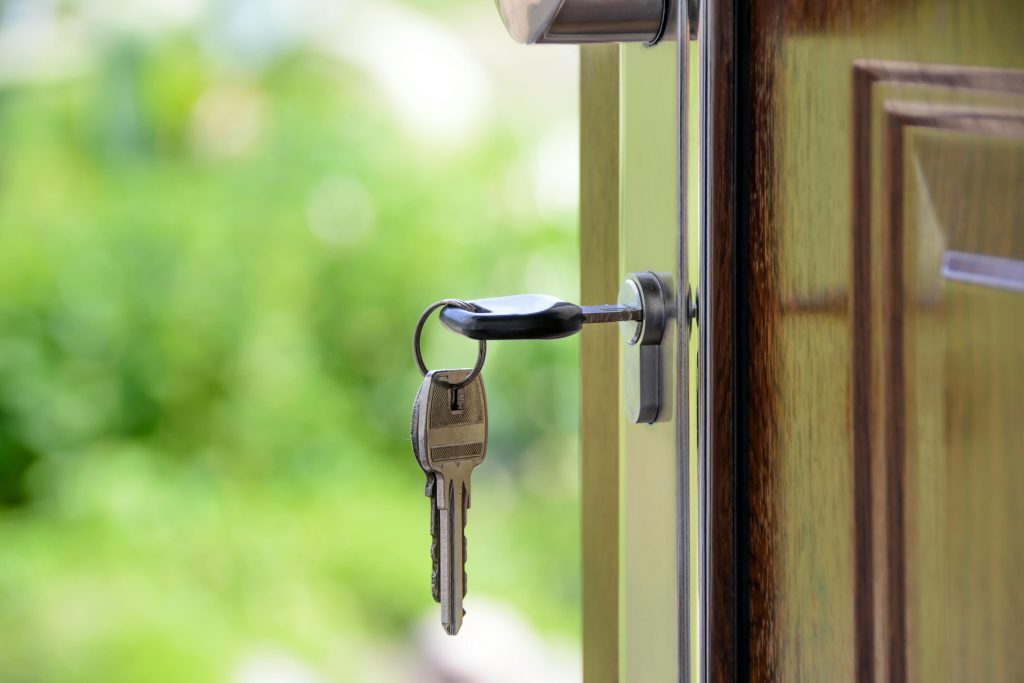Title: Exploring Photo Recovery: My Experience and What’s Next
When it comes to recovering long-lost photos from an SD card or USB stick, it can be a daunting task—especially when those cherished memories seem irretrievably gone. I decided to embark on this journey myself and recently experimented with free software tools, namely R-Photo and DMDE, in an effort to restore those deleted images.
My experience with both programs yielded results that were rather underwhelming. While they successfully identified some recoverable files, a significant number appeared corrupted or of poor quality. This left me wondering if there are better options available for photo recovery, particularly paid software that might enhance my chances of retrieving my original images in their entirety.
If you find yourself in a similar situation, it’s worth considering whether investing in professional recovery software could yield better results. There are numerous tools available on the market—some of them offering trial versions, so you can assess their efficiency without making a commitment upfront.
I would love to hear from others who have navigated the photo recovery landscape. Have you had success with certain products, or do you have tips on how to optimize the recovery process? Your insights could be invaluable as I continue my quest to reclaim these treasured memories. Thank you!
Share this content:




Hi there,
Recovering deleted or corrupted photos from SD cards or USB drives can indeed be challenging, but there are several approaches and tools that might improve your results. While free software like R-Photo and DMDE are good starting points, they sometimes have limitations, especially with severely damaged files.
For better success, consider exploring paid recovery software such as Recuva, Stellar Photo Recovery, or PhotoRec. These tools often include advanced algorithms specifically designed to recover high-quality images and handle more complex data corruption scenarios.
Before starting the recovery process, ensure that you stop using the affected storage device immediately to prevent overwriting lost data. Always perform the recovery onto a different drive to avoid further data loss. Additionally, running a deep scan instead of a quick scan can sometimes yield better results.
If your files are severely corrupted or if software recovery doesn’t work, professional data recovery services could be an option, though they can be more costly. Lastly, regularly backing up your photos in multiple locations helps prevent future data loss incidents.
Hope this helps,